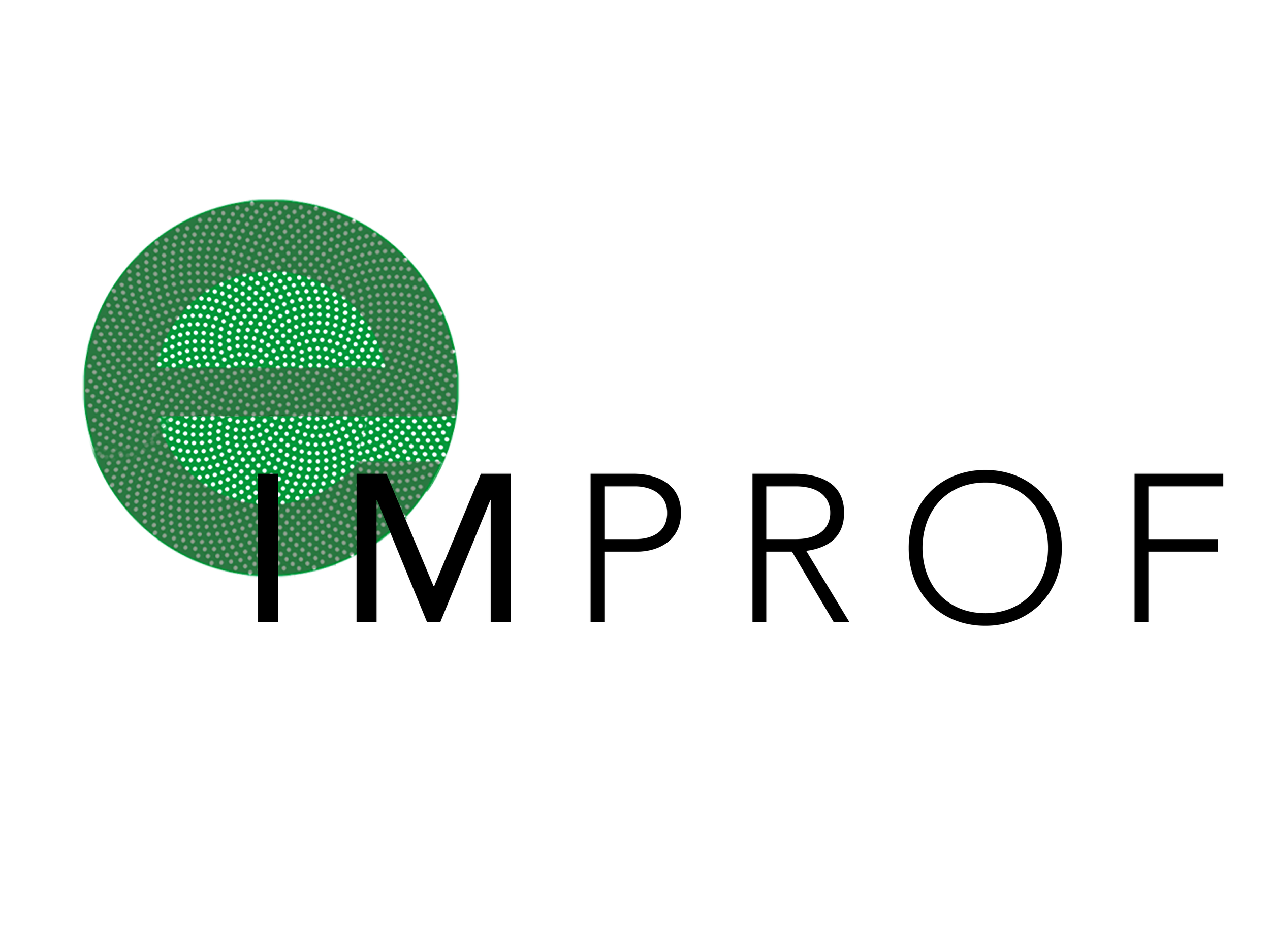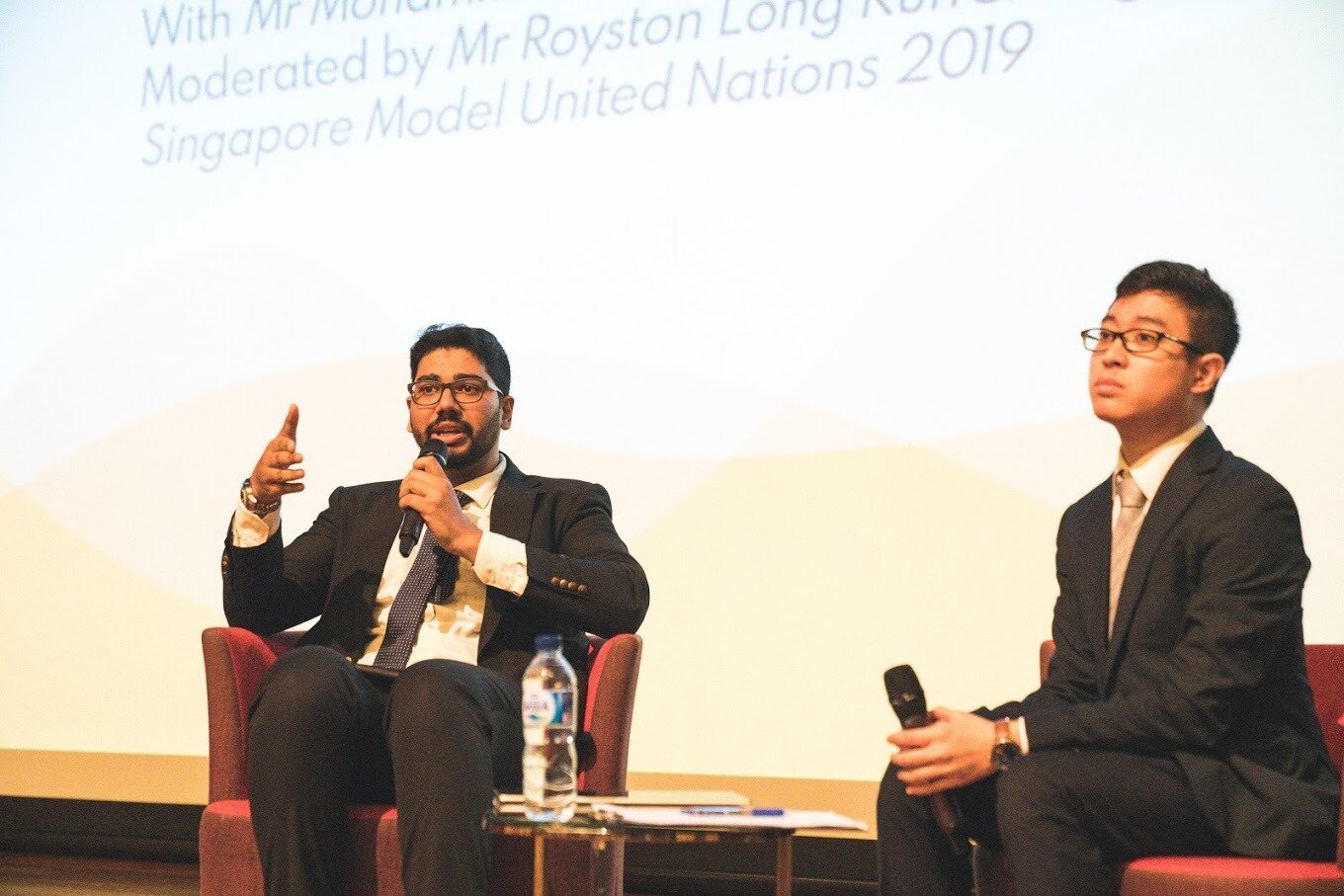All in A Day's Work: In Conversation with a Counter-Terrorism Analyst
Mohammed Sinan Siyech, a Senior Analyst at Nanyang Technological University.
The views and opinions expressed in this article are those of the authors and the interviewee. They do not necessarily reflect the official policy or position of IMPROF.
The Nice truck attack of 2016 and a series of mass shootings in the US have left global security enforcement agencies on the edge, grappling with tools of mass media campaigns, research, policies and technologies to ultimately aid in monitoring, detecting and curbing extremist behaviour. Singapore is not shielded from these waves of violence either. As such, it is no surprise that within Singapore, there are investments in talent who can study terrorism trends and draw valuable insights for security and policy-making.
im.press had the unique opportunity to chat with one such aspiring expert, Mohammed Sinan Siyech, a Senior Analyst at Nanyang Technological University. Through this interview, readers will get a sneak peek into aspects of his work as well as find out what ingredients go into the making of a good researcher cum academician.
What were you fighting before you were fighting terrorism?
Sinan: Probably weight gain(laughs)! I worked in several NGOs in Bengaluru where I was doing a number of outreach work with children from economically disadvantaged backgrounds. I was also involved in fund-raising activities for charitable causes. This was while I was pursuing my undergraduate studies in the city.
What is a typical work day like for you?
Sinan: My general day consists of researching stuff off the internet, books and journal articles. Sometimes, I also have overseas conferences and seminars to attend or to present in. We're encouraged to be pro-active in meeting and speaking to people to understand situations and trends and not merely sit at our desks all day long. So I network as much as possible! Currently, I am researching on the landscape in India, so I interview many Indians who would know things or who would have perspectives on issues that I’m looking at. These can be over phone calls or physical meetings.
Tell us more about your educational background.
Sinan: My educational experience was diverse, having spent 6 years studying in the UAE before spending another 6 years in Bengaluru and then accepting an offer to do Arabic studies in Yemen.
Was becoming a Counter-Terrorism Analyst what you had always set out to do?
Sinan: I must say this probably evolved out of my academic path. I had learnt Arabic hoping to hone my knowledge and understanding of various issues in Islam, and I was also looking around for suitable universities to pursue my Master’s degree. That was when I came across the international relations and public policy programme offered by NTU.
Can you share more about your current research?
Sinan: There are three or four broad themes l look at. My main specialization is terrorism and insurgency; I’m talking about ISIS, Al Qaeda and the Kashmir situation. My second specialization is Indian foreign policy, especially that concerning the Middle East and the Gulf countries. I also study online trends. For example, how are terrorists using propaganda? I will go through Twitter and trawl through everything that is public. Lastly, I look at extremism. We look at Islamic extremism but also right wing extremism. So white supremacy, Hindu extremism and Buddhist extremism all apply.
“Any serious terrorism or conflicts scholar will tell you that you can’t blame terrorism on one religion. That’s just research fallacy. ”
You currently specialize in foreign policy. What motivated you to focus on your current area of research?
Sinan: My interest in Middle East policies came about as a result of the Arab Spring of 2010 and 2011. At a young age, I was very surprised to learn that there were people who had been ruling for 35-40 years. For me, that came as a shock because in India we only have a 5-year government. That spurred me to read about the political policies of the Middle East region, country by country.
Thanks Sinan, for sharing that! Certainly reiterates the age-old fact that curiosity is key to constant growth and development be it in our studies or career. To what extent has your upbringing in the UAE and India contributed to your interest in pursuing research in foreign policy and various issues in India?
Sinan: I lived in a few cities in India and dabbled in many civil society activities which gave me a good base. I also go back to visit family every year which allows me to better relate to what happens on the ground. I can visualize things a lot more clearly due to my past observations instead of just relying on cold, hard theories. I must say, my work has grown more instinctive as a result.
As you gain experience and grow more senior, would you want to be delving deeper into terrorism research?
Sinan: While I am interested in this topic, the fact remains that sources are generally quite obscure or unavailable due to security implications. That’s why I’m moving more towards Islamic movements as an area of research. It is broader and I feel that frankly it comes with less risk. At the same time, I prefer to be researching something very niche. The Kashmir situation is a good example. There are a lot of people researching that. I don’t see a need to add one more specialist voice into that space.
What are some case studies you have researched that people aren’t aware of?
Sinan: My most recent one, which at this point I have been telling everybody I know, is the link between climate change and terrorism. There is an impact. People don’t think of it. I will give you one example. The Syrian conflict as we know started in 2011. There are different reasons for why it happened but one important factor in starting the conflict was the fact that a lot of people shifted from villages to cities. This was a result of climate change as there were a lot of droughts in the villages, especially in agricultural areas. Therefore, to look for employment, people came to cities. The amount of strain that was on urban, economic resources made people angrier and angrier. That ended up leading to the conflict. While some would disagree with this, I feel this is really new and I don’t think there’s much research emerging on the correlation of terrorism with climate change especially in South Asia.
As a Muslim you research on Islamist movements and terrorism. Research requires you to be objective. As an academician, how do you put aside your identity as a Muslim?
Sinan: I think it’s a very easy answer. At the end of the day I just consider that I’m researching a certain level of evil that’s permeating across different religions and ideologies. Any serious terrorism or conflicts scholar will tell you that you can’t blame terrorism on one religion. That’s just research fallacy. At the end of the day I have people ask me if I’m researching against Islam. (Laughs). What sort of a question is that? I am researching about what spreads terrorism and what doesn’t. I’ll give you a really good example. I’m taking this from a Professor. Imagine you have a number of people who are protesting for the environment and they quote a certain poet like Robert Frost. He has these ideals he talks about and they quote his ideals into an environmental policy. Therefore, if Robert Frost talks about being good and giving back to nature, then these people will ask, “Oh yeah, why aren’t we giving back to nature?” or “Why are we destroying nature?” and then they start attacking people and the government. Now would you study Robert Frost’s poems or why these people are actually doing this? Robert Frost’s poems may be used as an ideological spark but there’re so many other underlying factors.
The term “Islamic terrorists” is just the sectioning and how you identify them. It’s not so much about the religion. It’s the same for Hindu and Buddhist extremists. They are identifying categories. The terms alone have a lot of problems but it’s easier to categorize and then explain. However, to do that we read a hundred books to write one paper. We then have to write one or two pages to publish in the news and that’s what people read. Obviously, they won’t get the whole picture.
So it’s easy to be objective because I’m not doing something against Islam or any religion for that matter.
Do you sometimes feel that social media is to blame for the spread of extremism? Especially with the younger generation, our attention spans are getting shorter and shorter. We no longer write prose and we just stick to character tweets and when you have that you can’t see the full picture.
Sinan: That is so true. I can’t say that social media is to be blamed but these are human tendencies. Social media ends up magnifying a lot of what is happening on the ground, and it is a platform that is accessible to people from different parts of the world.
“Learn to research because you want the truth and not because you want to confirm a certain bias.”
What would you tell people who are aspiring to take up the field of research and academia?
Sinan: I would say you really need to develop a reading habit and that is something that will take you forward in this field. If you can’t concentrate on reading a whole book in a sitting then ...you may or may not be .. you’re mostly not cut off for this because this...like you can try reading articles and get away with but it will catch up with you eventually and you realize you may not be a good fit.
What other qualities do you think are important for a researcher to have?
Sinan: I think a researcher should know how to ask the right questions and also meet as many people as they can because people are what they are researching on. It is also social science that we are talking about and politics and everything to do with people. Therefore, the innate ability to form good connections and networks is important. There is a Kannada proverb my dad always tells me which loosely translates to, "Basically, if you want to learn things you either read a lot of books or you travel the country." And I think that if you know how to network, travel and read a lot, it aids in much better understanding of the topics we research. I guess the last thing I would say is that ...just be a good person because people research with a lot of agendas. Learn to research because you want the truth and not because you want to confirm a certain bias.
Now, for 2 rapid fire questions!
1) What would you tell a 19-year-old wanting to pursue a career in academia?
Sinan: You have to get information. To do so you read or you speak to other people. Doing both of these things, you could get what you're looking for.
2) Where do you see yourself 10-20 years down the road?
Sinan: Teaching
Thank you Sinan for making time for im.press this evening and we wish you a rewarding career ahead!
You may check out other articles written by Sinan at the links below:
Necessary but tough to get tech companies to thwart hate speech and fake news.
In the fight against climate change, don’t overlook its security implications.
The im.press regularly publishes op-ed articles. We’d like to hear what you think about this or any of our articles. You may send your feedback to this email address contact@improfsg.com.



